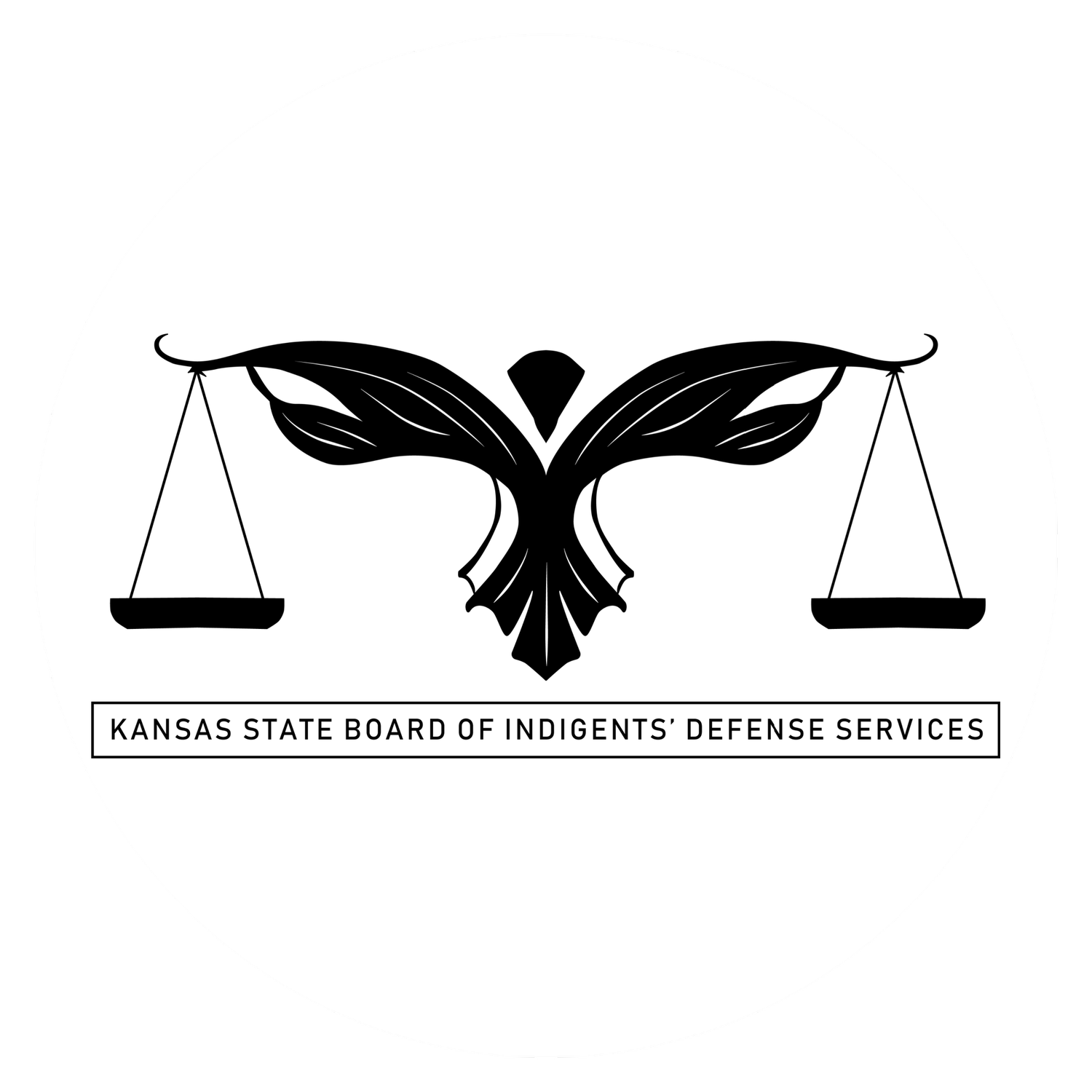A (Former) Prosecutor’s Perspective On Public Defense
by Kate Duncan Butler
"That government hires lawyers to prosecute and defendants who have the money hire lawyers to defend are the strongest indications of the widespread belief that lawyers in criminal courts are necessities, not luxuries." Gideon v. Wainwright, 372 U.S. 335, 344, 83 S. Ct. 792, 9 L. Ed. 2d (1963).
Ever since childhood, I've admired trial attorneys while knowing I never wanted to be one. I am fundamentally a little disorganized and a lot anxious; while my instincts are generally good, I am constitutionally incapable of flying by the seat of my pants. It is no surprise, then, that my legal career started out at the Court of Appeals and, until recently, really focused on appellate practice.
But even as I interviewed to be the appellate attorney at a prosecutor's office, I knew that I didn't have the true heart of a prosecutor. I mostly just waxed poetic about fundamental fairness and the importance of the rule of law. That's probably why I still remember when one of my future coworkers asked, point blank, "You could also do all of those things as an appellate defender. Why do you want to work as a prosecutor?"
I don't remember my answer.
Being an appellate attorney is a special calling. Some might call it boring. After all, there isn't the same heady adrenaline rush as in the heat of trial – although, personally, I'd argue that oral argument with a hot bench comes pretty close. Your emotional investment in the case is necessarily different, too, because you've not lived it the same way. With most of my cases, I never spoke to any of the witnesses or touched any of the evidence. Almost everything I learned came from a brick of paper on my desk (or, later, on my computer monitor).
But appellate attorneys, especially those representing the convicted person, are every bit as dedicated and invested as their trial counterparts. They can't just learn the particular idiosyncrasies of the case in front of them; they need to see each case's place in the larger universe, identify its position in the tapestry of all the cases that came before – and all the clients that will come later.
It won't be a surprise to learn that someone who wrote more than 100 briefs as an appellate prosecutor worked with both appointed and retained counsel. But it's the cases with appointed counsel – specifically, the attorneys from the appellate defender's office – that helped me become a better attorney. It's deceptively easy to develop tunnel-vision when you're working on a case. The appellate defenders that sat on the other side of the courtroom from me challenged me to see my cases differently. More than once, their advocacy alerted me to a fundamental flaw with a criminal history score, probation revocation finding, or jail-time credit calculation. In those cases, writing a concession in my brief – or a motion for immediate remand – felt like working together with my opposing counsel, not against them. The same is true when we'd discover a problem with the record or a trial exhibit; instead of being adversarial, we got to collaborate to fix the issue.
Even more striking, though, is the way that their arguments often forced me to think more deeply and critically about the law. I am not always a person who questions the wisdom or effect of a statute until I am directly confronted with it. But with the appellate defenders, I couldn't just blithely accept that a knife is a cutting instrument of like character to a few examples or that a threat conveyed recklessly is criminal. I had to consider – and reconsider – my preconceptions about lesser-included jury instructions, procedural default, aiding and abetting liability, and trial-date acquiescence. The intrepid appellate defenders who raised these arguments have, in many cases, crafted new and better case law. The fact that they brought me along on the ride is a great privilege.
(A brief aside: I did not practice in a county with a public defender's office, although I know that is about to change. But when I think of the trial attorneys who queued up some of the best and most interesting arguments for appeal, they are almost all court-appointed. I can't write the same ode to court-appointed trial attorneys as I can to their appellate counterparts, but please know that I appreciate their ingenuity just as much. A good appellate attorney is made better by a trial attorney who understands and practices preservation of the record, and court-appointed attorneys are better than most.)
They say a rising tide lifts all boats. The thoroughness and thoughtfulness the appellate defenders brought to their work forced me, as a prosecutor, to meet them at their level. They held the State to its burden, but more than that, they challenged the way I looked at the law and the criminal legal system as a whole. They changed me as an attorney. I am grateful for their writing, their arguments, and in several cases, their lasting friendship.
I'm no longer a prosecutor, but if you asked me today, I think my answer to that interview question would echo the Court in Gideon. The only way we ensure that the criminal legal system at all resembles the founders' vision is to have good, dedicated, thoughtful people on both sides of the courtroom. The fact that they'll help each other learn and grow is just icing on that cake.
[Kate Duncan Butler is currently an attorney with Barber Emerson in Lawrence. She was formerly an Assistant Douglas County Prosecutor.]

